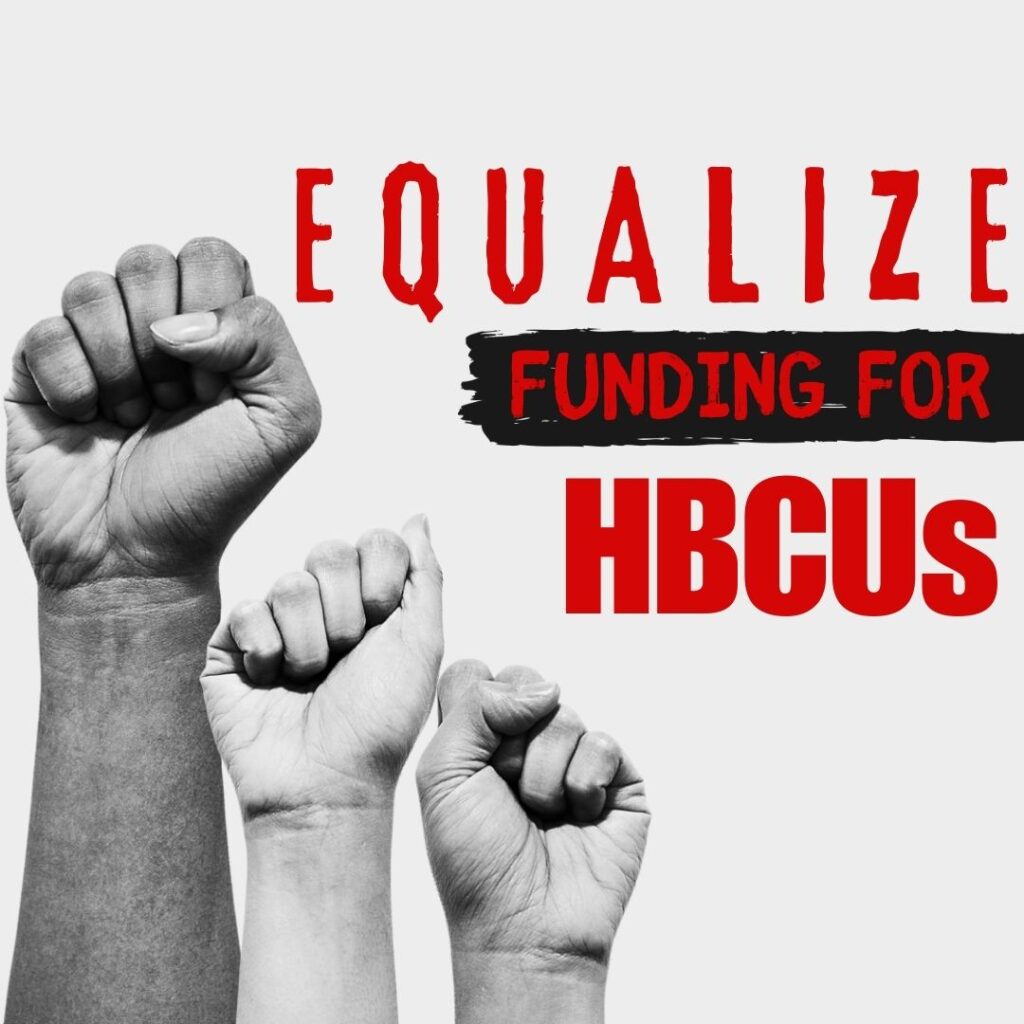(HOUSTON) — In the realm of contemporary journalism, the powerful force of advocacy has reshaped traditional narratives, shedding light on critical societal imbalances. “Why We Need To Pay Attention to Black Adult Learners,” is an insightful exploration of the financial challenges faced by Historically Black Colleges and Universities (HBCUs) and serves as a poignant example of advocacy journalism, prompting crucial discourse on equity and access in education.
Advocacy journalism transcends the confines of conventional reporting, assuming a deliberate stance in championing marginalized causes. The article sheds light on the persistent underfunding of HBCUs compared to their predominantly white counterparts and assumes a steadfast position in advocating for equitable educational opportunities for all. By amplifying the voices of the marginalized, it underscores the vital role HBCUs play in fostering educational empowerment within the Black American community.
The article illuminates the pivotal role of Historically Black Colleges and Universities (HBCUs) through their robust community engagement and outreach programs, effectively addressing educational disparities and providing vital support to marginalized learners. It underscores how HBCUs serve as catalysts for both social and economic transformation, fostering an environment conducive to upward mobility. By promoting economic independence and professional success among students from underserved backgrounds, these institutions become beacons of hope, empowering individuals to surmount systemic barriers through access to quality education and specialized support services.
Navigating the delicate balance between advocacy and responsible journalism, the article meticulously presents well-researched data and diverse perspectives, ensuring a compelling yet unbiased narrative. An interview with TMCF President and CEO Harry L. Williams further enhances the article’s credibility, underscoring the historic significance of HBCUs in nurturing non-traditional learners. The article seamlessly combines a compelling narrative with a persuasive argument, offering a comprehensive understanding of the significance of advocacy journalism in shaping public discourse. Each section flows seamlessly, guiding the reader through a well-orchestrated exploration of the topic.
Regarding ethical considerations, the piece effectively navigates the delicate balance between advocacy and journalistic integrity. By presenting well-researched data, diverse perspectives, and responsible reporting, the article upholds ethical standards and fosters transparency. It neither compromises the integrity of the reporting nor misleads the readers. Consequently, “Why We Need To Pay Attention to Black Adult Learners” stands as a powerful testament to the potential of advocacy journalism in fostering constructive dialogue without transgressing ethical boundaries. Its resolute commitment to transparency and equitable representation sets a benchmark for conscientious journalistic practice within the realm of advocacy reporting.
The attributed quotes, including those from Williams, lend credibility and authority to the article’s claims, anchoring the advocacy narrative in the expertise and experiences of relevant stakeholders. The precise attribution of quotes ensures transparency and enhances the article’s overall credibility, showcasing its commitment to responsible and accurate reporting. “Why We Need To Pay Attention to Black Adult Learners” serves as a clarion call for a more inclusive and equitable educational landscape, epitomizing the power of conscientious advocacy journalism in effecting positive societal change without compromising journalistic ethics.


